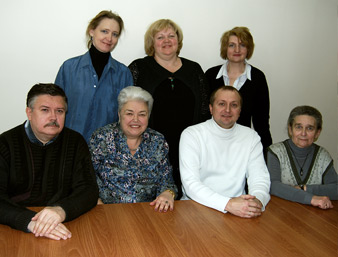
If school students are members of informal youth groups, what should schools do?
Belyaev, Gennady Yu.
[about]
Whose responsibility in the schools is it to set standards of social behavior, interaction skills and life values? Since schools are an integral part of the society, the teacher is expected to professionally solve all the issues of education and character building. My research shows that it is incorrect to reduce the present-day goals of a teacher only to educational ones and ignore the questions of who and in which manner is involved in the process of education. Schools are increasingly facing the situations when the initiative of socialization is taken over by shady (in terms of goals and values) informal youth groups while the social education authority is assumed by youth leaders who are calling for antisocial pranks.
Perhaps, the current situation can also be explained by the lack of understanding the real nature of events, phenomena and changes affecting young people. Today, teachers’ social authority roles are gradually decreasing; they are being replaced by a powerful “anti-school” influence of informal youth groups, whose efforts and impact on young people have nothing to do with teachers’ social education activities. This shift of authority often leads to additional socialization problems, painful generational conflicts and a “generations’ gap”, or even social violence and acts of racial and religious hatred. What can the school do in this situation? Should teachers call police for help or employ some new and pedagogically more adequate methods? Should teachers act impulsively and rigorously or become more flexible and careful while reacting to the situations when their students express themselves in the manner of the so-called notorious “youth riot”? Should modern schools suppress youth subcultures or learn to provide adequate response to them? In my opinion, these questions constitute both – a serious problem and a social challenge.




